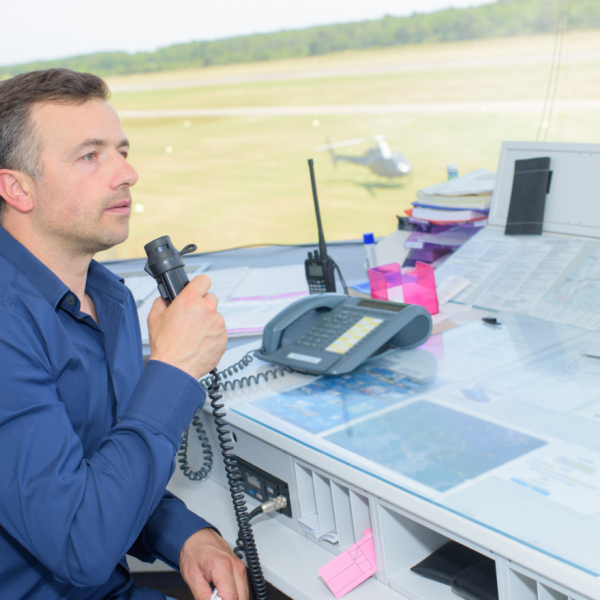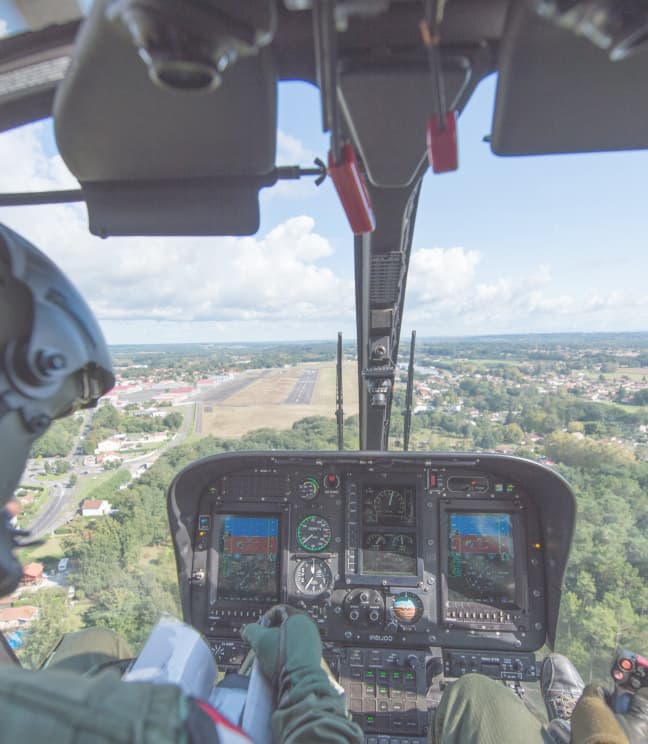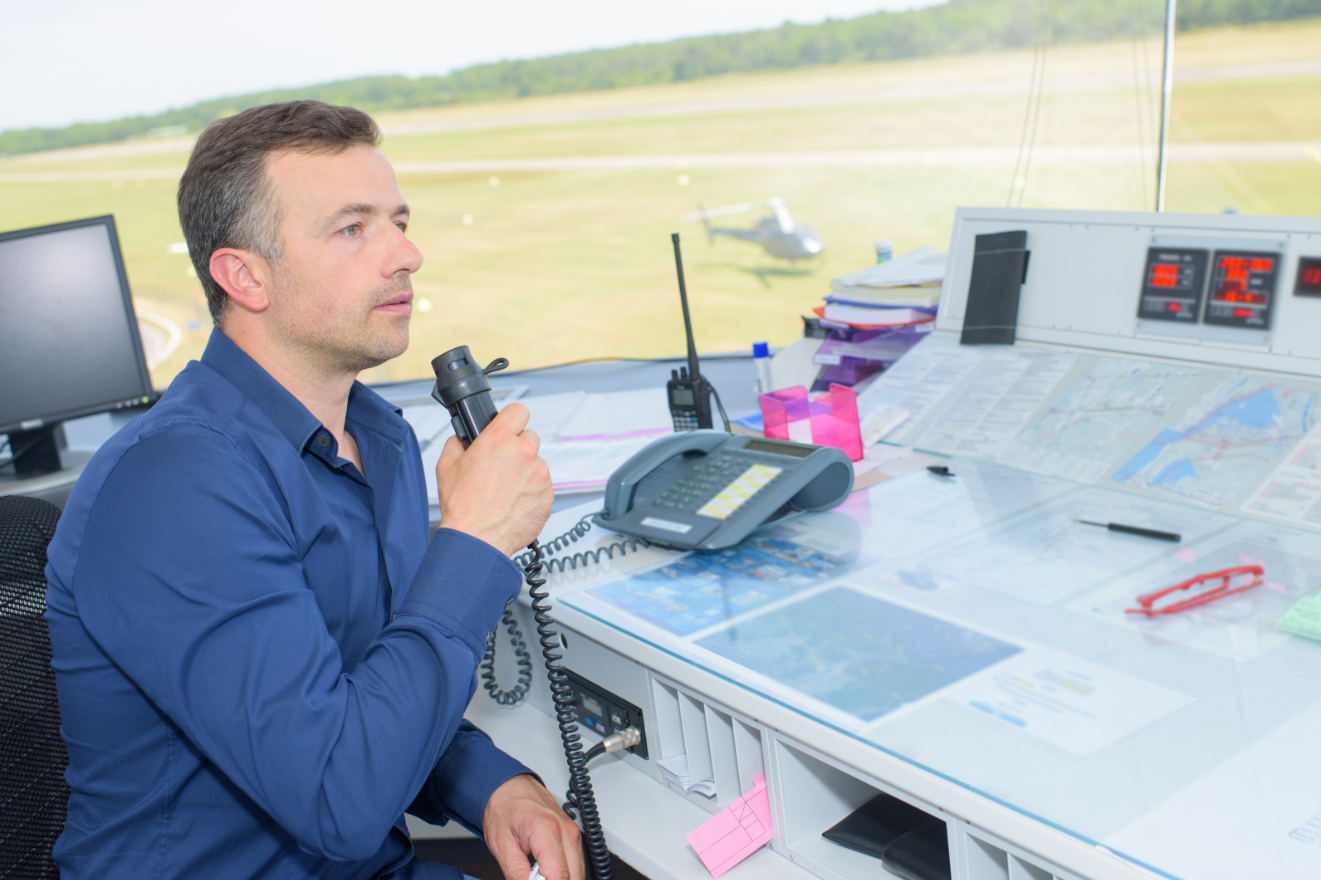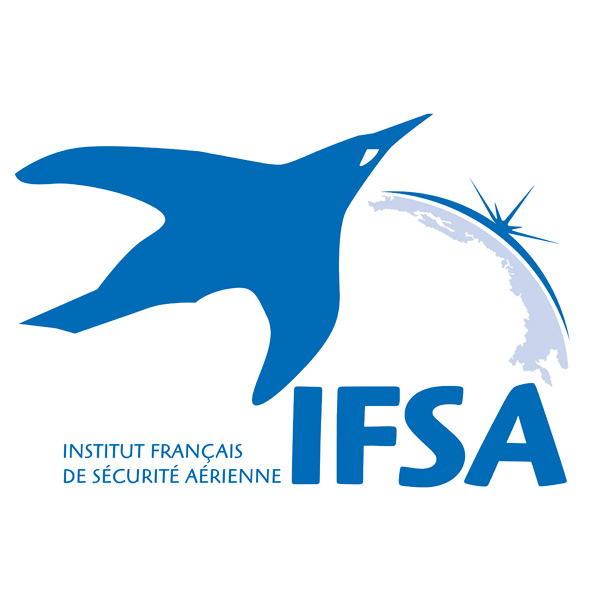
 Human Factors in the Prevention and Investigation Process (HF)
Human Factors in the Prevention and Investigation Process (HF)
Reference SAFE-003-0322
Objectives
- To be familiarised with human sciences applicable to the aviation activities.
- To have individual and collective capabilities, limitations, flaws and errors Knowledge.
- To be able to detect and control their frequency and their impact on safety.
- To be able to measure the role of organisational factors in incidents.
Audience & Prerequisites
All civilian and military managers and executives of the aviation system, and particularly staff personnel involved in the prevention and investigation of aircraft accidents or incidents.
Multinational course, English intermediate level (B1/B2).
HF module can be usefully complemented by the Fatigue Risk Management System course.
Duration : 4,5 days – 27 hours
Course content
- Human factors: Introduction to the Human Factors, physiology and aviation safety (effects of altitude, accelerations, vibrations, sensory illusions, life hygiene).
- Human performance: scope of the human factors within complex socio-technical systems, intellectual mode of operation (memory, schemes, representations, expertise, workload), physiological and psycho-sociological aspects (behavior, personality, emotions, stress), major factors affecting the intellectual work.
- Improving human performance: individual and organisational methods, automation (advantages and drawbacks).
- Situation awarness and decision making process.
- Teamwork, co-activity, coordination, cooperation and communication.
- Management of vigilance and fatigue, particularly in long-range flights.
HF module can be usefully complemented by the Fatigue Risk Management System course.
Next sessions
-
Of. 10/06/2025
At. 13/06/2025
12 Places disponibles
-
Of. 24/11/2025
At. 28/11/2025
15 Places disponibles
-
Complet




 Qualification
Qualification
 Duration
Duration
 Location
Location
 Language
Language
 Type
Type
